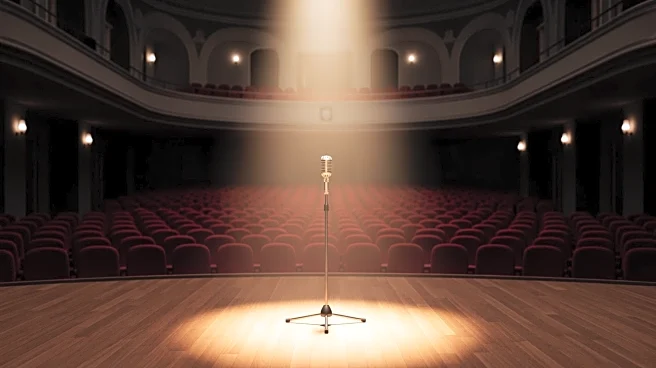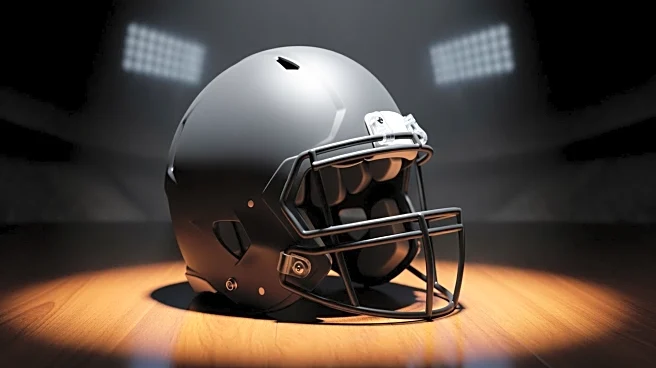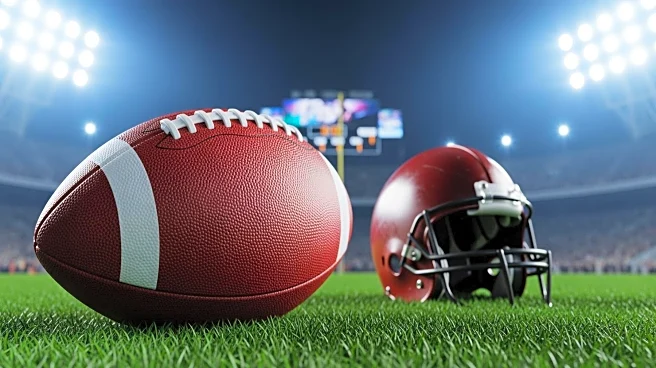Rapid Read • 8 min read
Manchester United supporters are planning a protest against the club's ownership, specifically targeting Sir Jim Ratcliffe and the Glazer family. The protest is scheduled for August 17, coinciding with the Premier League opener against Arsenal. Ratcliffe, who owns a 28.94% stake in the club, has been overseeing operations since February 2024, following the Glazers' management. The protest is organized by The 1958, a group that has been vocal against the Glazers' ownership, citing financial mismanagement and a lack of club identity preservation. The group accuses Ratcliffe of being complicit in maintaining the Glazers' control, despite initial hopes that he would bring positive change.
AD
The protest underscores ongoing dissatisfaction among Manchester United fans regarding the club's ownership and management. The Glazer family's tenure has been marked by significant debt and controversial decisions, leading to widespread discontent. Ratcliffe's involvement, initially seen as a potential remedy, is now viewed as part of the problem. This unrest highlights broader issues in sports management, where financial priorities often clash with fan expectations and club heritage. The protest could influence future ownership decisions and impact the club's financial strategies, affecting stakeholders including fans, investors, and the broader football community.
The protest on August 17 may prompt further scrutiny of Manchester United's ownership structure and management practices. If fan dissatisfaction continues, it could lead to increased pressure on the Glazers and Ratcliffe to reconsider their roles or make significant changes. The outcome of the protest could also influence other clubs facing similar ownership controversies, potentially leading to a broader movement advocating for more fan-centric management in sports.
The protest raises questions about the ethical responsibilities of sports club owners and the balance between financial interests and preserving club identity. It also highlights the cultural significance of football clubs as community symbols, where management decisions can deeply affect local and global fan bases. The situation at Manchester United may inspire discussions on governance models that better align with fan values and expectations.
AD
More Stories You Might Enjoy










